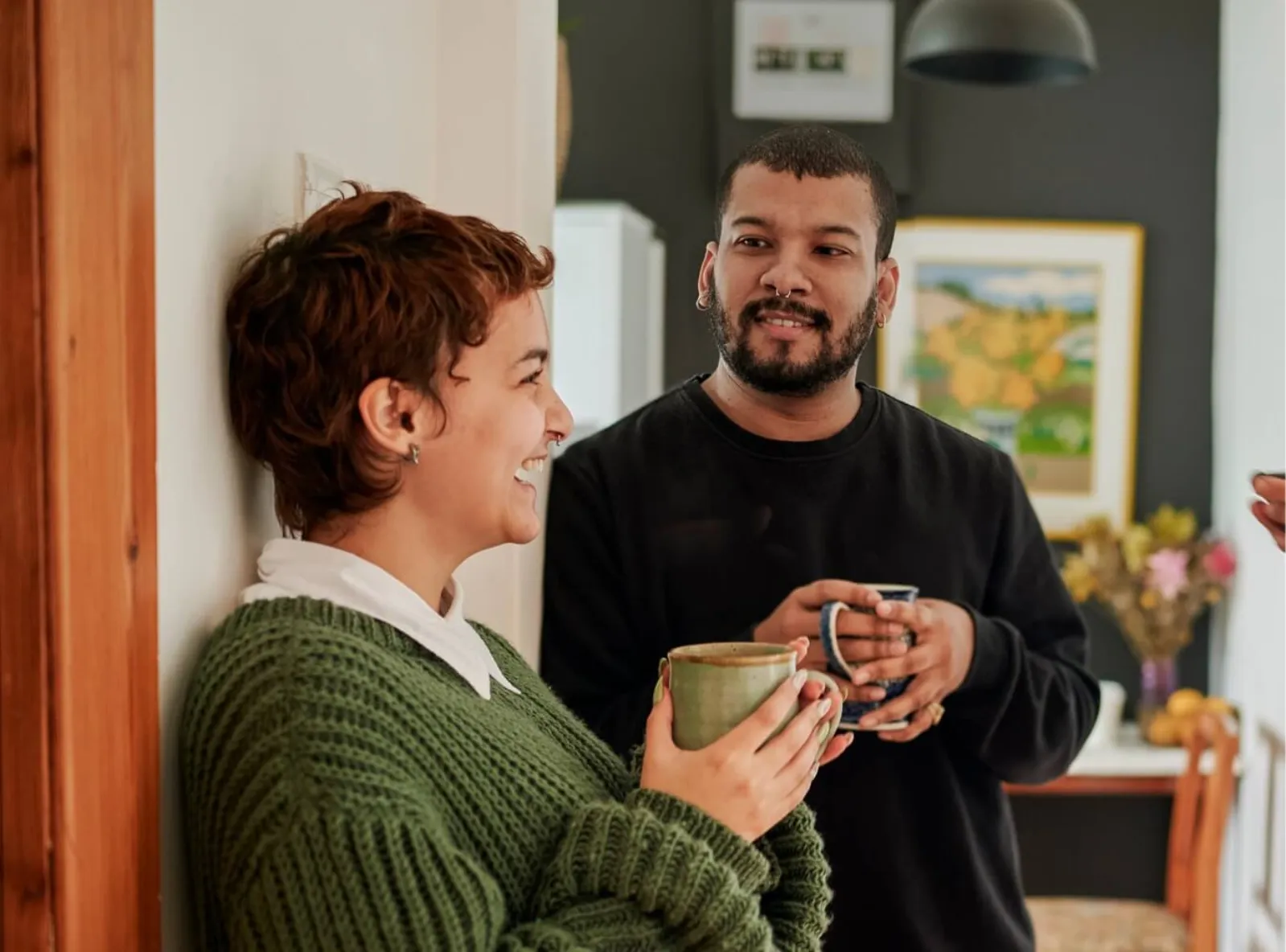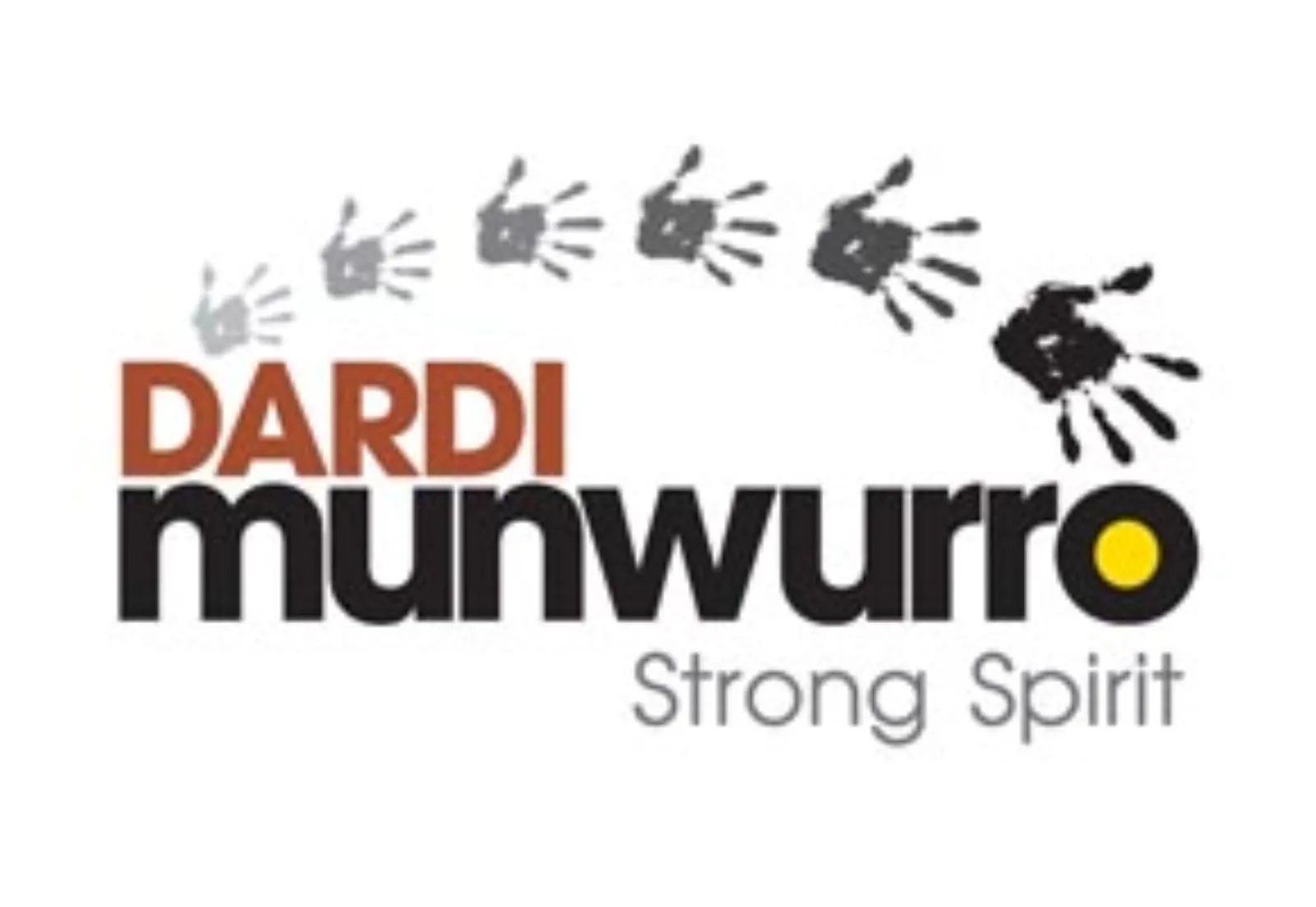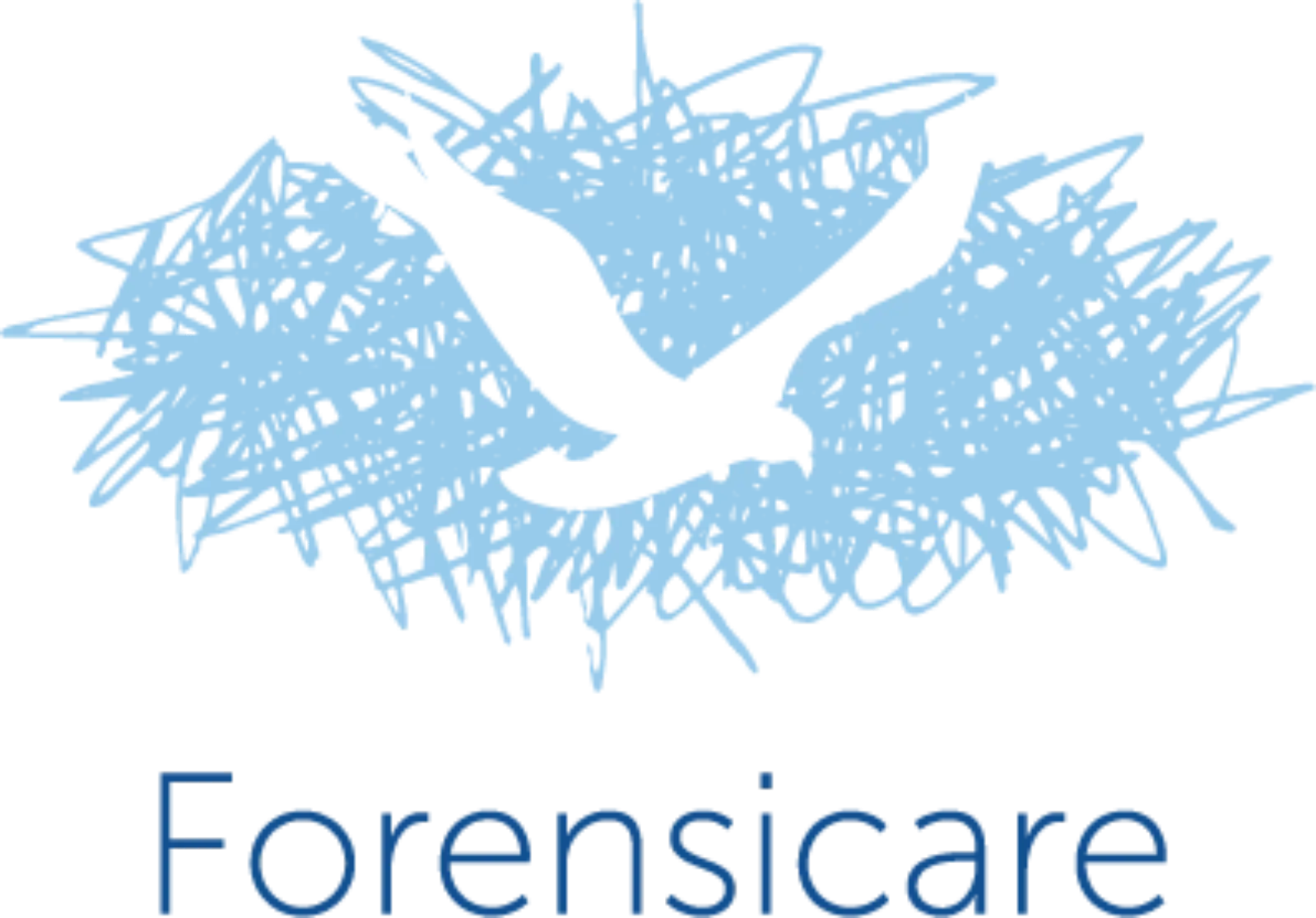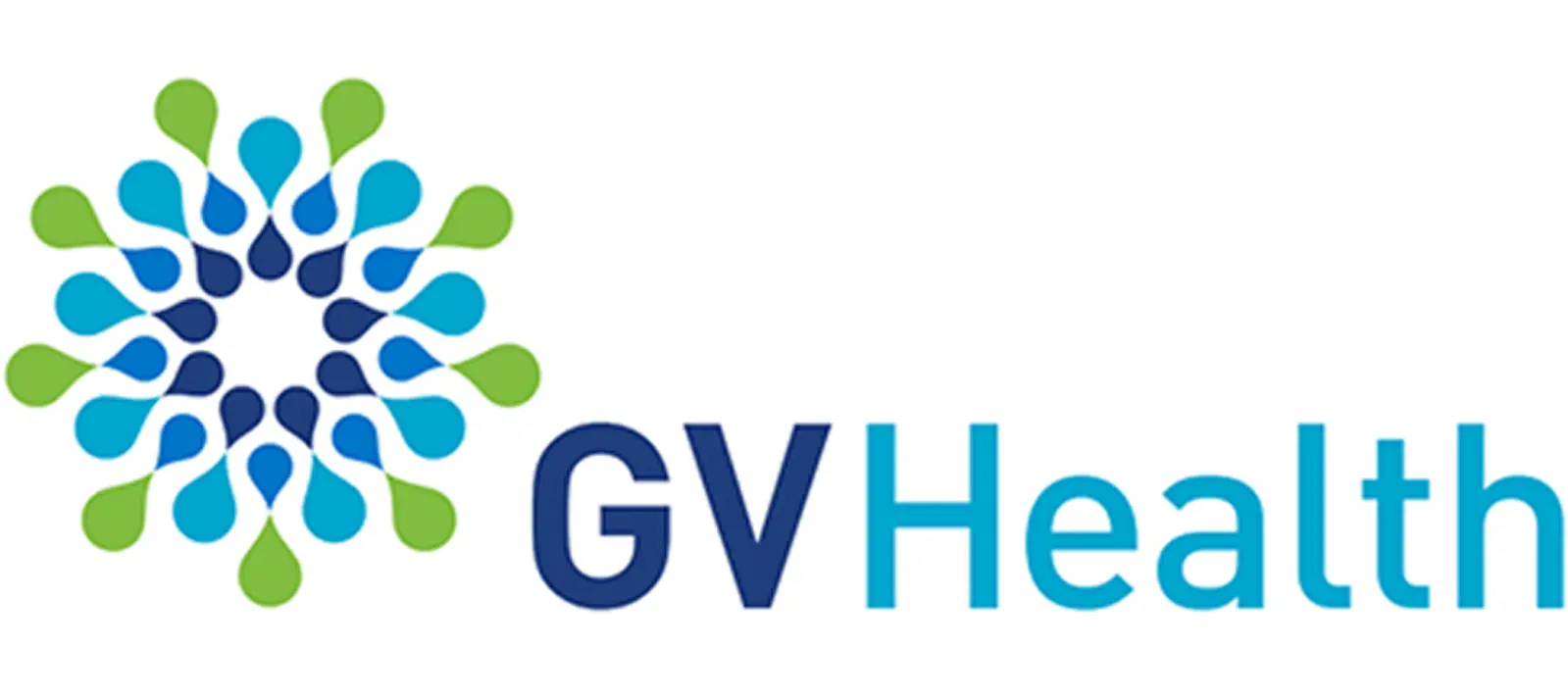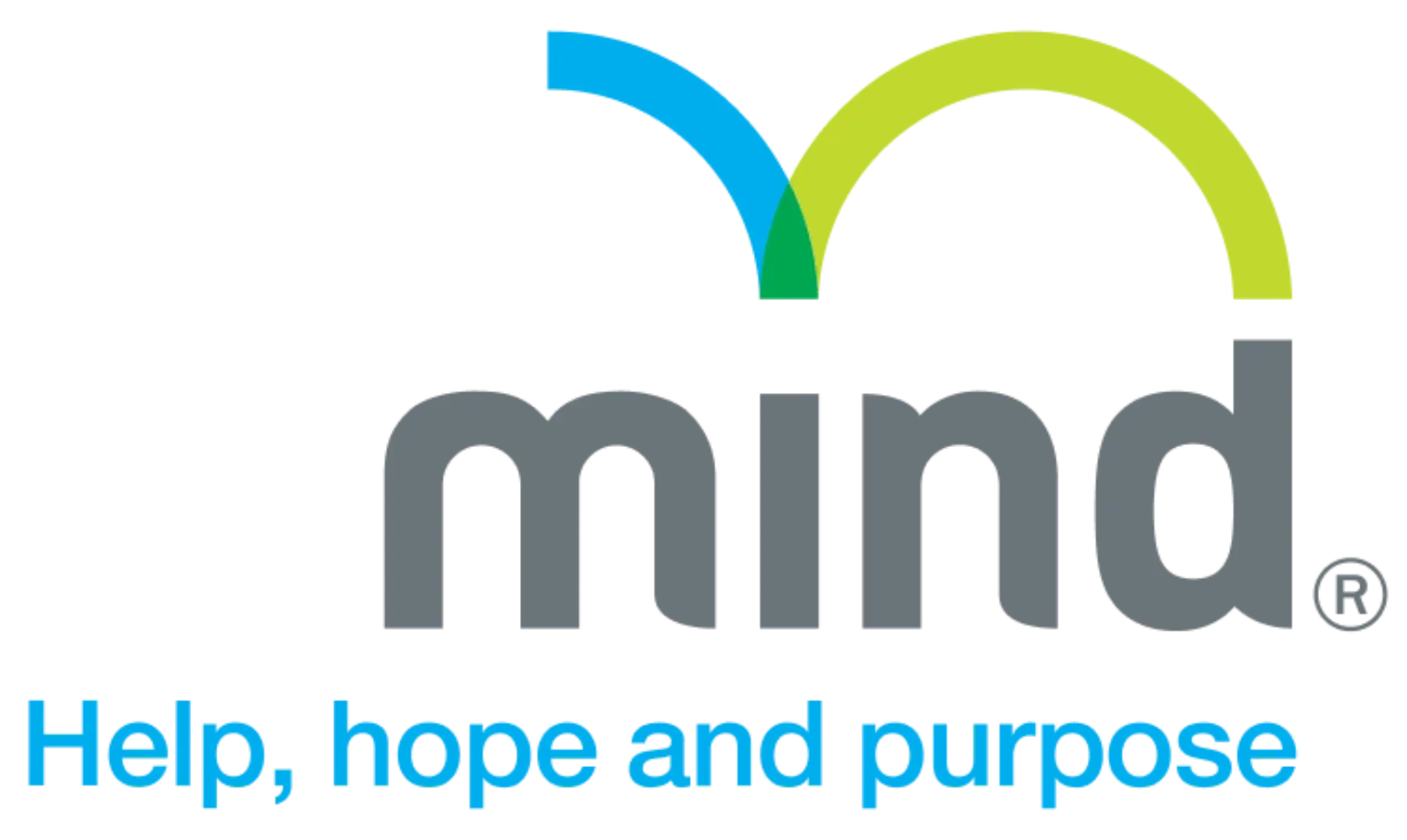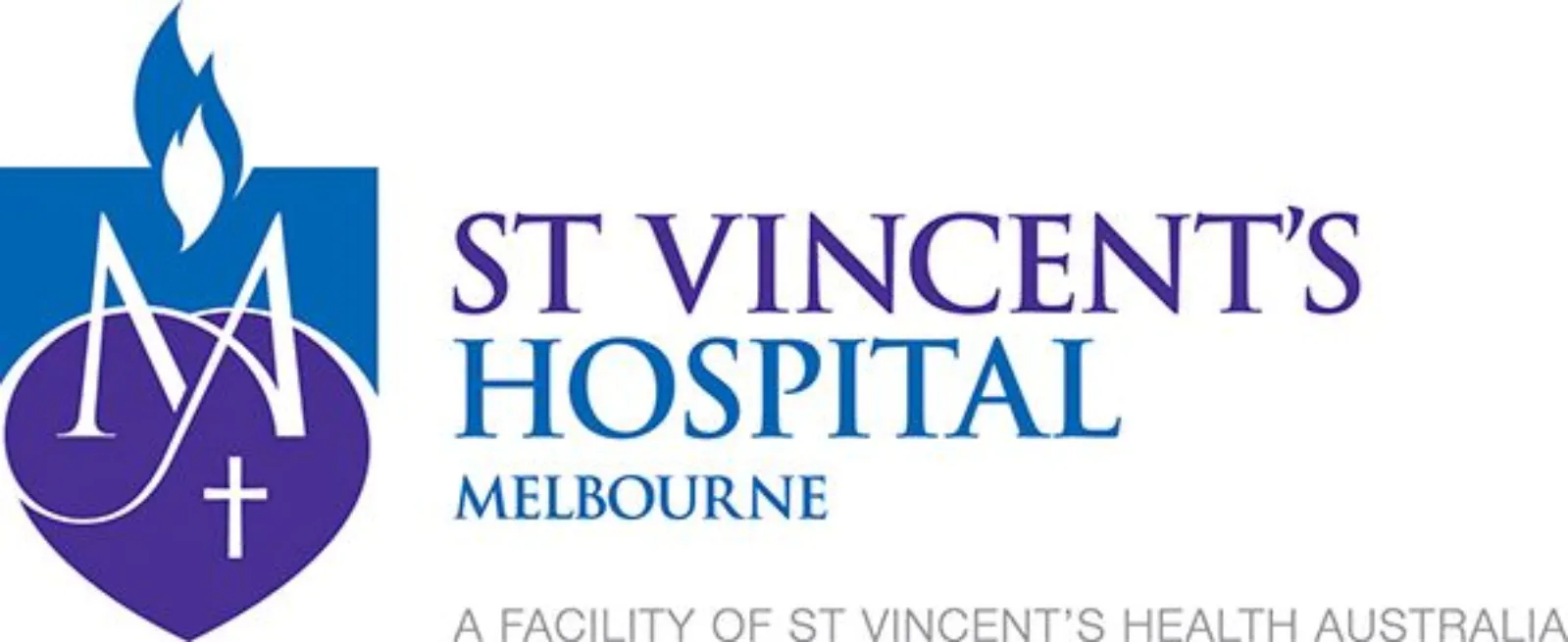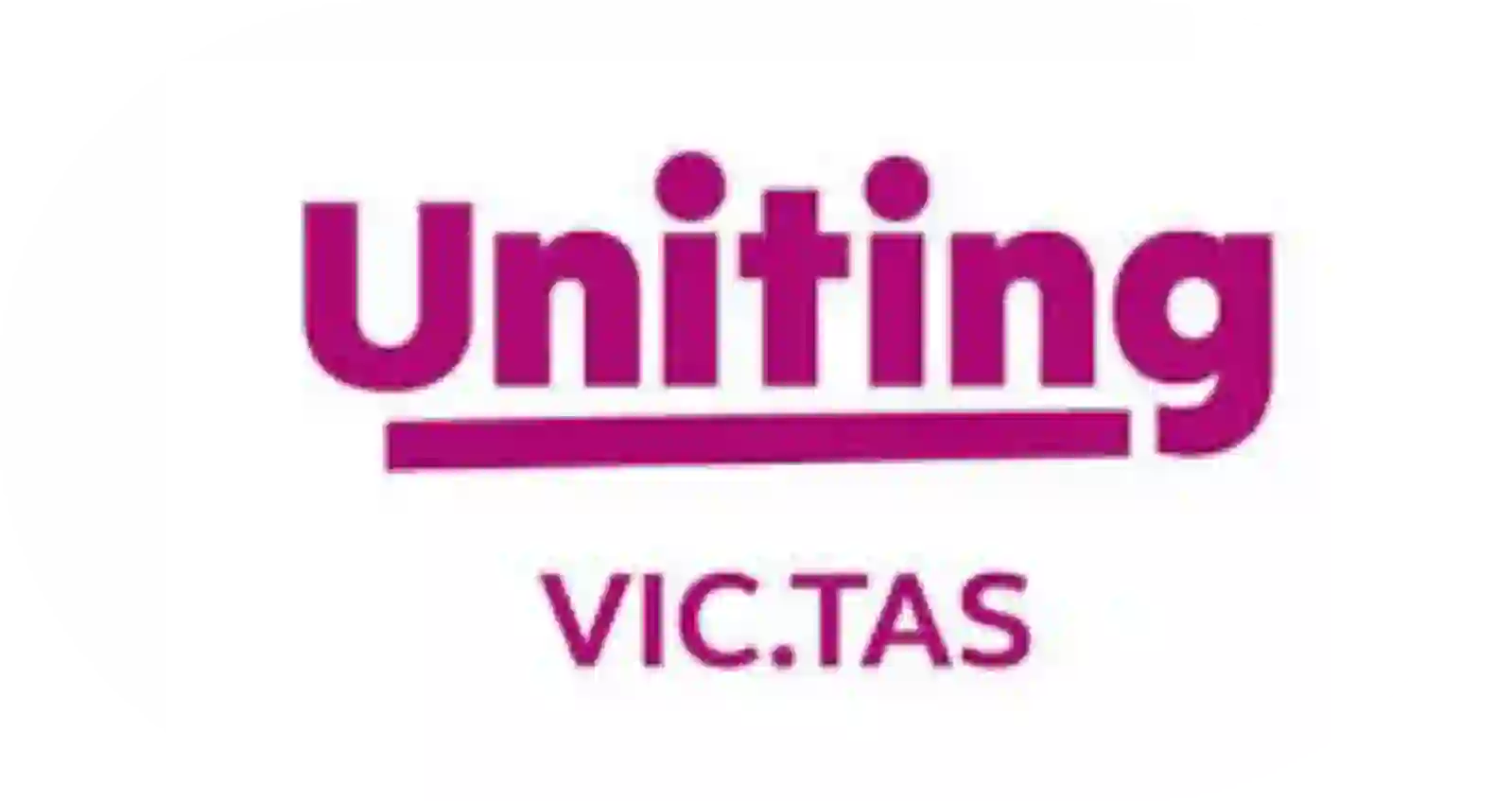We know that to deliver meaningful change, we must work together. This means making sure that there are diverse voices and perspectives in the room. We want to ensure that our partnerships and collaborations have clear purpose, mutual benefits, and meaningful outcomes.
Our Collaborative Charter outlines our approach to building strong relationships. (Accessible version here)
The Charter has eight principles that guide how we partner and collaborate. It also defines what success looks like, to guide whether our collaborations are having positive outcomes for all participants
The Charter ensures that our partnerships and collaborations are aligned to our foundational values: embedding lived and living experiences, building strong connections and relationships, and upholding human rights and social justice.
Our Consortium partners
The Collaborative Centre also collaborates with:
We’re bringing together diverse expertise, perspectives, and lived and living experiences to shape research and service improvement.
Together, we will:
- Promote and protect the rights of people accessing mental health and wellbeing treatment, care, and support
- Lead and translate research into new, evidence informed practices that are meaningful and effective
- Support families, carers, and supporters through better tools, knowledge, and models of care
- By working as one (researchers, services, and people with lived experience) we’re building a system that learns, evolves and heals.
This partnership is not just a milestone; it’s a movement toward a more responsive and inclusive future for all.
